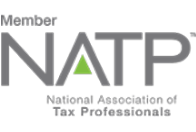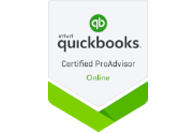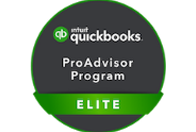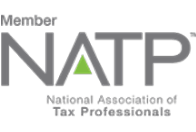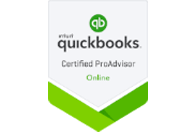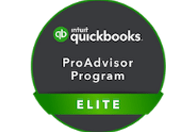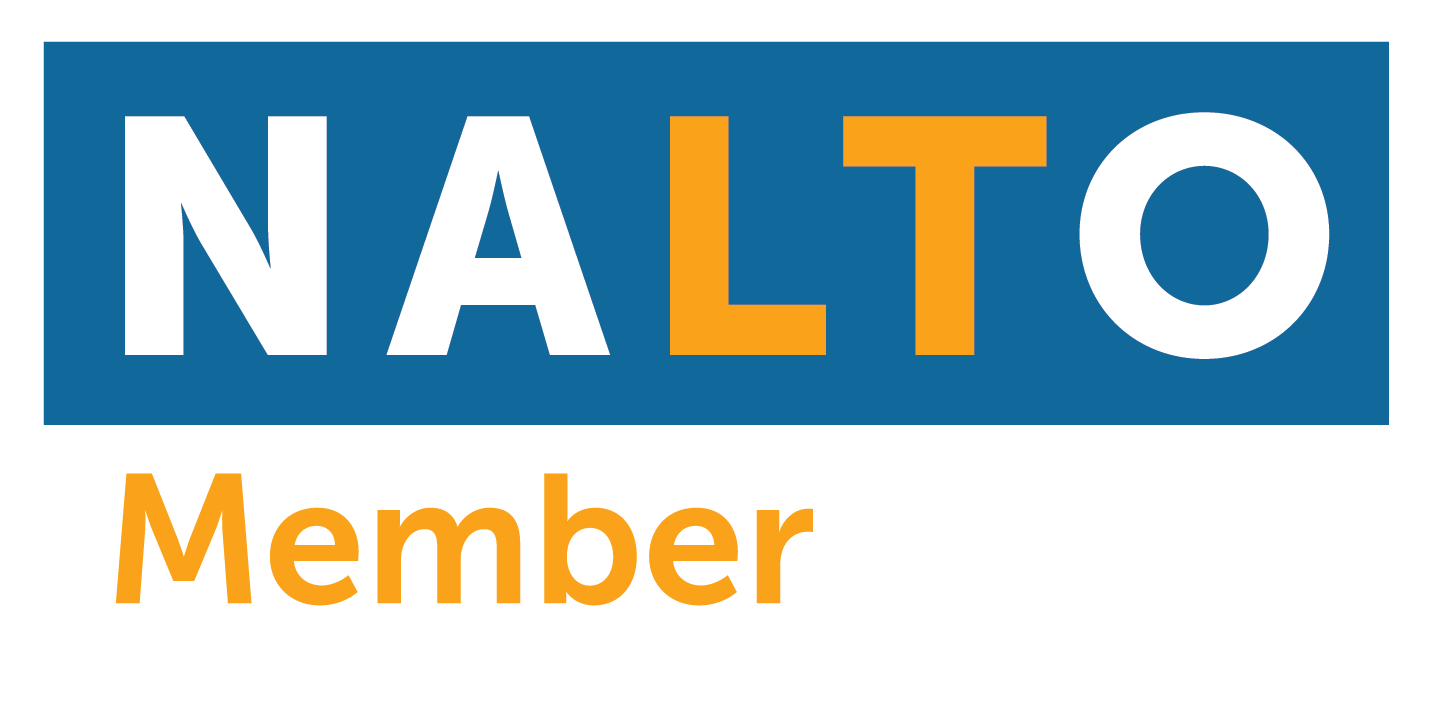Part 2: Qualified Deductions for Locum Tenens as Independent Contractor (Solo Practice)
In the previous blog, we discussed the difference in the tax requirements between Locum Tenens working as independent contractors and as employees. Now, we will talk about the qualified deductions specifically related to locum tenens working as independent contractors. Understanding the tax implication of their work can help locum tenens maximize their deductions and minimize their tax liability.
Locum Tenens as independent contractors are responsible for paying their income taxes. There are numerous qualified deductions that IRS has allowed in order to reduce the effect of tax on their earnings. These are the ordinary and necessary expenses for conducting their profession as locum tenens and we have listed here some of the most common deductible expenses, their restrictions, and limitations. The examples of the professions of locum tenens are medical doctors, nurse practitioners, CRNA’s, traveling nurses, physical therapists, and others.
Home Office. You may be able to deduct expenses for the part of your home that you use exclusively and regularly for conducting your profession. Since most services will be performed in the healthcare settings, you may take this deduction for chart review, billing and other administrative duties. The deductible expense may be computed by dividing the expenses of operating your home between personal and business use. Or you may use the simplified computation by applying the standard rate of $5 per square foot of your home office (up to a maximum of 300 square feet).
Auto Expenses. The expenses related to the business use of your car are deductible except for travels between your home and your work. You can either compute your deductible vehicle expense using the actual vehicle expenses multiplied by the percentage of miles related to business use. Or you may use the IRS standard mileage rate which is at $65.5 for every business mile driven for the year 2023.
Continuing Education. Expenses for continuing education or trainings that are related to your profession as locum tenens may be deductible. Note that expenses that are needed to meet the minimum educational requirements for your profession or will qualify you for a new skill or business are non-deductible.
Licenses, Examination Fees, and Credentialing. Expenses incurred for renewing your licenses, credentialing process, and obtaining certifications from different states to work or continue your profession as locum tenens are all deductible.
Health Insurance. Premiums for your Health and Dental Insurance, including your Health Savings Accounts, are deductible if you have no access to any employer-sponsored health coverage including your spouse’s plans. If you were eligible but chose not to avail the sponsored plan, then you cannot have this as a deduction.
Office Equipment and Computer Software. Computer, laptop, printer, computer software, and other office equipment or applications bought and used for running your profession as locum tenens are qualified deductions.
Cellphones and Connectivity. The cost of your phone if exclusively used for your profession can be deducted at 100%. If not, you simply determine its business use percentage and then multiply it to the cost. Relatively, call and internet plans for business use are also deductible.
Uniforms and Medical Equipment. Uniforms, lab coats, and medical equipment are allowable deductions. For uniforms to be deductible, they must be specifically required for work and must not be suitable for everyday use.
Travel Expenses. The following ordinary and necessary expenses are deductible if they were incurred while travelling away from home or during a temporary assignment.
- Transportation. Travel by airplane, train, bus, car rental, or public transportation.
- Baggage and shipping. Sending baggage between tax home and temporary work locations.
- Car. Vehicle-related expenses are deductible using either actual expenses or the standard mileage rate.
- Lodging. Hotel accommodations and apartment rentals.
- Meals. Meals include amounts spent for food, beverages, and related tips. You may account for meal expenses using the actual cost incurred or by using a standard per diem rate depending on when and where the travel is. Note: There’s a 50% limit on deductible meal expenses regardless of the method used for figuring the meal expense.
- Cleaning. Dry cleaning and laundry.
- Others. Other similar ordinary and necessary expenses related to business travel such as tips, computer rental fees, visa or passport fees, and travel insurance.
Legal and professional fees. Fees charged by accountants and attorneys that are ordinary and necessary expenses directly related to operating your business are deductible as business expenses. All of 1099 Accountant fees for online bookkeeping, advising, tax preparation, and planning are 100% deductible. This includes the accounting software.
Want to learn more?
You may want to consult and work with 1099 Accountant – we offer online bookkeeping, online advisory services and online tax and accounting services. We offer reasonable rates. We only work with independent contractors, freelancers, and one-person business. We work with locum tenens from California to New York City and everywhere in between.
Contact us toll-free (855)529-1099 or make an appointment for a free consultation.

